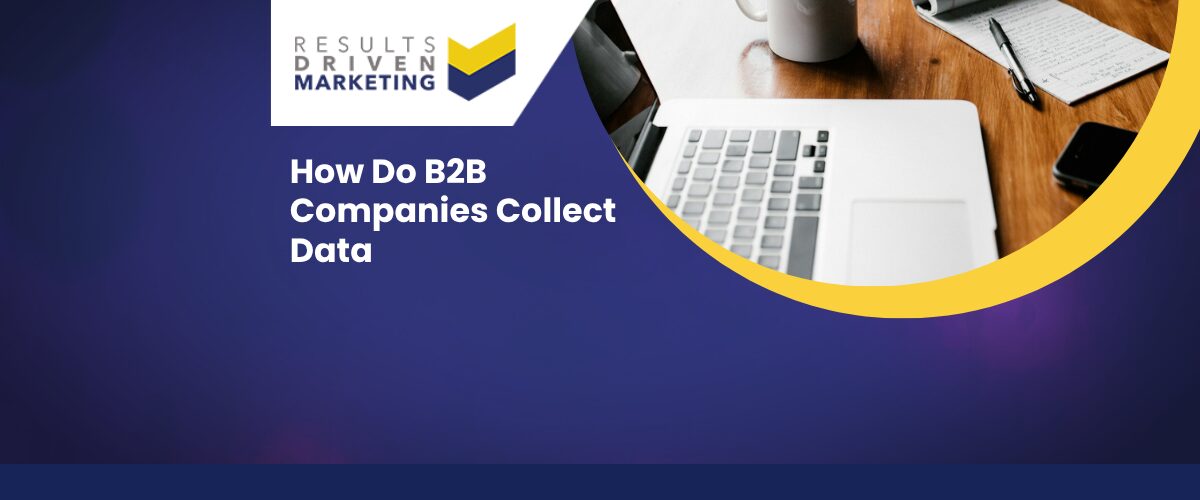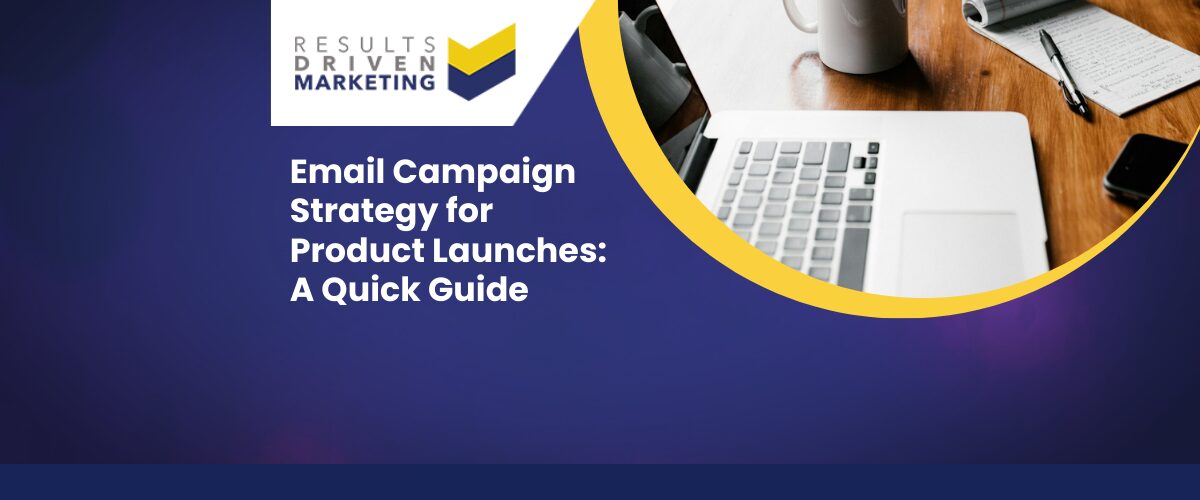
How Do B2B Companies Collect Data
If you’re investing in B2B marketing lists for email, telemarketing, or direct mail campaigns, one critical question you should ask is: how do B2B companies collect data? Because no matter how sharp your messaging is, your results will only ever be as strong as the data you start with.
Too often, UK SMEs end up frustrated by outdated or irrelevant contact lists. But the real issue usually isn’t with the campaign itself — it’s with how that data was gathered.
In this guide, we’ll explain the most common data collection methods used by B2B companies, highlight what separates good sources from bad, and show you what to look for (and avoid) when choosing a data provider. Whether you’re new to buying B2B data or simply want better campaign results, this article gives you the clarity and confidence to make the right call.
Table of contents:
Why Data Collection Methods Matter
How do B2B companies collect data? The answer varies widely — and so does the quality.
Not All Sources Are Equal
Some providers source data from trusted, frequently updated platforms. Others rely on scraping websites or re-selling static, outdated lists. The impact is clear:
- Accurate, well-maintained data = higher engagement and more leads
- Poor, generic data = bounced emails, missed targets, and wasted effort
The Method Affects Everything:
- Quality: Up-to-date, structured data improves targeting and delivery rates
- Relevance: Lists that match your brief generate more meaningful results
- Compliance: Sourcing practices must meet GDPR and CTPS standards
- Transparency: A reputable provider will explain exactly where their data comes from
5 Common Ways B2B Companies Collect Data
Here are five of the most reliable (and widely used) B2B data collection methods:
1. Public Business Records
- Sources: Companies House, GOV.UK registers, company websites
- Strengths: Legal, free, and rich in company-level info (e.g. SIC codes, addresses)
- Limitations: Usually lacks direct decision-maker contact details
2. Business Directories and Aggregators
- Sources: 118 Information, Thomson, CorpData, Kompass
- Strengths: Structured, permissioned data with contact names and job titles
- Ideal for: Cross-sector outreach with accurate targeting options
3. Opt-In Forms and Event Signups
- Sources: Gated downloads, webinars, trade shows
- Strengths: Often includes consent and engagement history
- Limitations: Smaller volumes, sometimes biased to certain sectors
4. Licensed Commercial Partnerships
- Sources: B2B publishers, data resellers, strategic partnerships
- Strengths: Extended reach and industry-specific segmentation
- Watch out: Quality depends on the partner’s own sourcing and hygiene
5. Manual Research and Validation
- Methods: LinkedIn checks, website review, outbound calls
- Strengths: Adds detail and corrects automation gaps
- Limitations: Time-intensive but critical for accuracy
What Makes a Good Data Source?
When evaluating providers, ask how their data is sourced — and how often it’s updated.
1. Accuracy
- Is the data current and actively maintained?
- Are role changes, closures, and rebrands captured?
2. Relevance
- Can you filter by job role, company size, industry, and region?
- Does the list align with your ideal client profile?
3. Compliance
- Is the data CTPS-checked and GDPR aligned?
- Are consent records available where needed?
4. Transparency
- Can the provider clearly explain where their data comes from?
- Do they outline quality control and update frequency?
Red Flags to Watch Out For
- Vague sourcing: If a provider can’t say where the data comes from, walk away
- Buzzwords over substance: Claims of “AI-verified” or “guaranteed accuracy” with no detail
- One-off static lists: Good data needs regular updates to stay valuable
- Unrealistic promises: No one offers 100% accuracy; the best offer honest benchmarks
Why Choose Results Driven Marketing
At Results Driven Marketing, we provide UK B2B data that’s clean, compliant, and campaign-ready — because we know quality makes or breaks your results.
Trusted UK Sources
- Data pulled from established names like 118, Thomson, and CorpData
- Transparent sourcing and secure delivery
Updated Daily
- Over 700,000 updates a month
- Every list goes through a 40-point quality check
Fully Compliant
- CTPS checks every 28 days
- All data aligned with GDPR for legal outreach
Fast, Friendly Service
- Custom lists built to your brief within 24 hours
- Speak to real people — no scripts, no jargon, just useful advice
Ready to Work With Better Data?
If you’re tired of chasing poor-quality leads or guessing where your data came from, we’re here to help.
- Contact us for honest advice or a fast quote
- Need high-converting contacts? Check out our buy email lists page
With the right data, your campaigns can do more, faster.
Results Driven Marketing
B2B Data Lists | GDPR & CTPS Compliant | Delivered Fast
📍 Newcastle, UK | 📞 0191 406 6399 | 🌐 rdmarketing.co.uk





